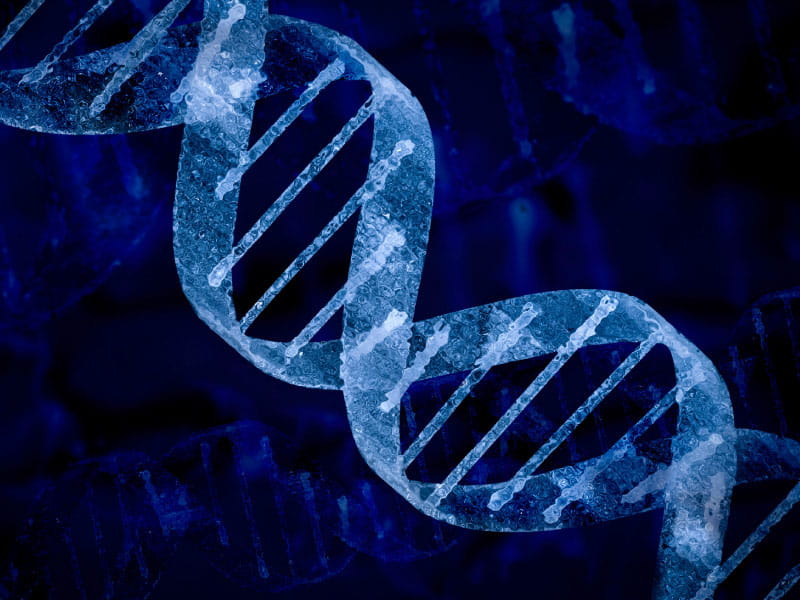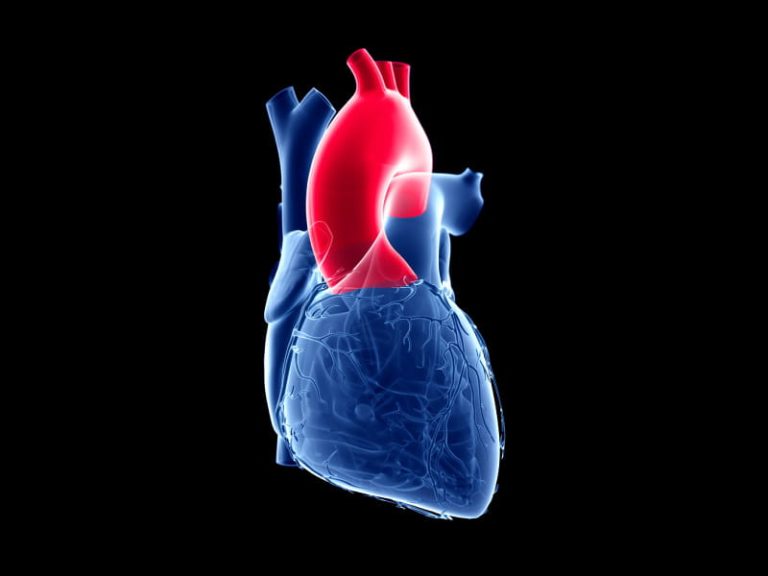What to do if you have the genetic for heart disease?
What to do if you have the genetic for heart disease? It is getting simpler than ever to stumble throughout single genes linked to potential coronary heart dangers, however deciding what to do with such findings requires warning, says a brand new report aimed toward serving to well being care professionals and their sufferers navigate the method.
The report, printed Monday as a scientific assertion from the American Coronary heart Affiliation in its journal Circulation: Genomic and Precision Medication, addresses what to do when testing uncovers genetic abnormalities, or variants, related to heart problems.
Such variants typically are uncovered when individuals are screened for non-cardiac ailments or by dwelling DNA testing kits. However the report says that such “by the way” recognized single-gene variants could or is probably not threat components for illness and spells out methods to interpret outcomes rigorously.
“The scope and use of genetic testing have expanded enormously prior to now decade with the growing ease and lowered value of DNA sequencing,” Dr. Andrew P. Landstrom, chair of the report’s writing committee, mentioned in a information launch. “The place we might as soon as search for genetic adjustments in a handful of genes, we are able to now sequence each gene and, probably, the entire genome, permitting us to make genetic diagnoses that may have been unattainable prior to now.”
However the elevated testing brings extra surprises, together with discovering genes that could be related to heart problems, mentioned Landstrom, an affiliate professor of pediatrics and cell biology at Duke College Faculty of Medication in Durham, North Carolina. “If we interpret these incidental variants incorrectly, it could result in inappropriate care, both by suggesting sufferers have a threat of cardiac illness when they don’t or by not offering care to these with elevated threat for a critical situation.”
The report gives a framework for well being care professionals to evaluate particular person variants, talk findings with sufferers and their households and, when wanted, create a multidisciplinary care workforce.
The authors strongly encourage pretest genetic counseling for sufferers to debate the opportunity of surprising findings, resolve whether or not such findings might be communicated and take a look at potential implications for members of the family.
If an incidental variant for coronary heart illness is discovered, the report suggests a method to classify the discovering as benign, unsure or disease-causing. It says well being care professionals ought to relay data to sufferers solely about variants which might be recognized to be related to heart problems and provided that sufferers agreed to be told.
For variants which will improve the chance of heart problems, the report suggests {that a} well being care knowledgeable, ideally a specialist who’s a part of a multidisciplinary workforce, conduct a household historical past and a medical analysis to search for signs.
Landstrom mentioned it was vital to seek the advice of with genetics specialists “to customized tailor an analysis and remedy plan” to the person and the variant to make sure the very best stage of care potential.
The variant itself must be re-evaluated periodically, as a result of its hyperlink to illness could also be reclassified, the report says.
Relying on the variant, a full analysis may result in medical intervention, common heart-specific exams or having kinfolk genetically screened.
In accordance with the report, the American School of Medical Genetics and Genomics acknowledges 42 clinically treatable, secondary variant genes that improve the chance of sudden cardiac dying, coronary heart failure and different sorts of heart problems.
The report is the primary to deal with inherited single-gene circumstances that may be handed on inside households, resembling hypertrophic cardiomyopathy (a thickening of the guts partitions) or lengthy QT syndrome, the place the guts electrically resets slower than regular after every contraction, typically resulting in fainting, arrhythmias or sudden dying.
“The record of incidental variants associated to heart problems continues to evolve,” Landstrom mentioned. “This assertion gives a basis of care which will assist individuals with a CVD-related genetic variant and their well being care professionals take the following step in figuring out the person and familial threat {that a} variant could or could not carry.”







